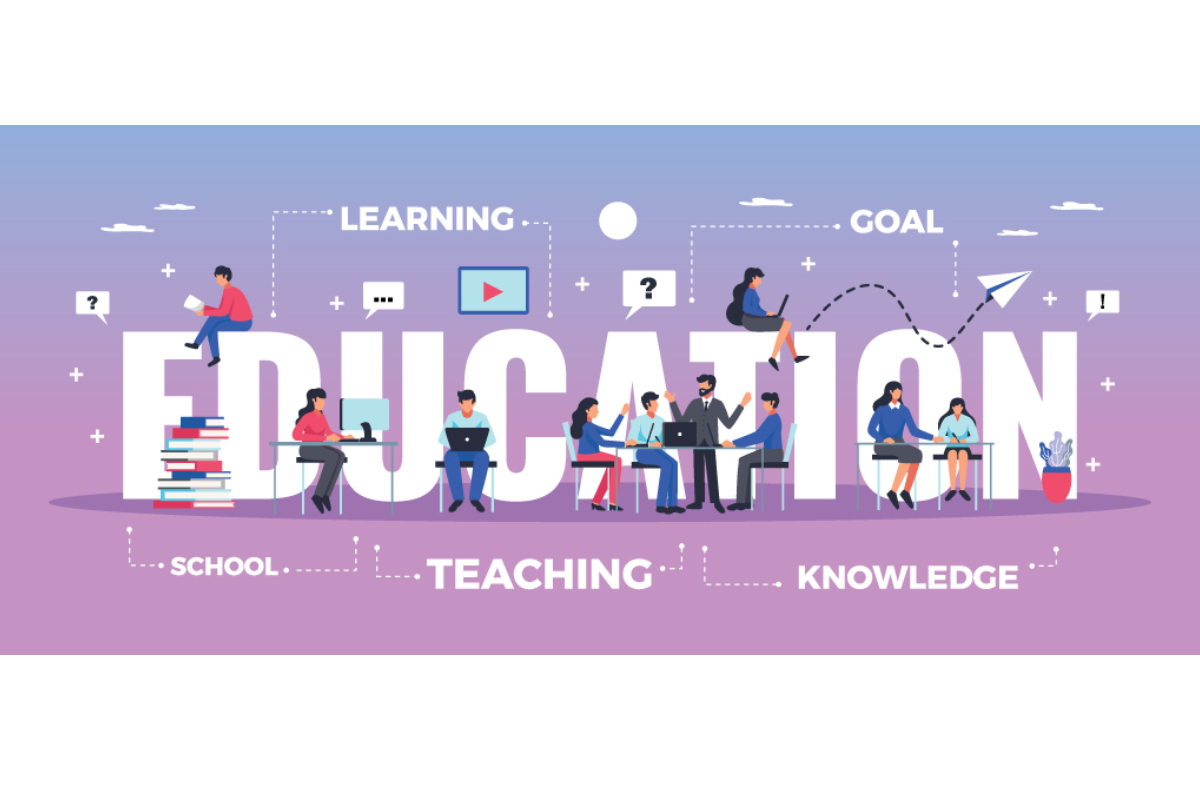
A Grim Reality
As the technological landscape evolves, we are moving to a world where the needs of learners and earners are merging. Universities, colleges and schools play a significant role in strengthening Pakistan’s intellectual capital. Parents value their children’s education and make significant personal sacrifices to guarantee that their children acquire an adequate education.
Unlike a tangible product, the value of education is primarily judged by the name of degrees, diplomas, affiliations, testimonials, accreditations, admissions and job and compensation promises. To recruit students, the colleges and universities advertise exotic programmes, show pictures of international faculty and make false claims without the fear of regulatory bodies.
But most universities in Pakistan are too expensive for the value they provide and are out of touch with the industry. Pakistani colleges and universities must broaden access and leverage industry and corporate partnerships to create scholarships and funding resources.
President of Temple University, one of America’s leading universities, Dr Jason Wingard, says: “This is nonnegotiable; this is our only path forward.”
Unfortunately, most Pakistani universities struggle to stay relevant to new economic realities and aren’t preparing students for careers that await them. Tech skills are increasingly in demand but Pakistanis institutions are under pressure to ensure graduates are ready for the workplace.
Getting students meaningful employment is only part of the equation. Universities and regulators like the Higher Education Commission (HEC) can’t figure out how to help mid-career adults pivot or build new skills and show students empathy and flexibility, as the pandemic drags on. The faculty and the management of our colleges are not prepared to incorporate career readiness into all levels of the learning experience, which is key to success. Resolving the challenges is not easy. But it’s time for higher education to ignore the flames and take the leap.
Dr Jason Wingard identifies four phases of education in his viral LinkedIn post; “agrarian (1600 to 1849), when a privileged few had formal education; industrial (1850 to 1974), which introduced universal secondary education; knowledge (1975 to 2009), when the internet transformed life, education and work; and post-recession (2010 to 2020), where the value of a degree has never been more in question. And now, we must collectively determine what comes next.”
But this education-employment disconnect is a global problem. Wiley University Services’ latest employer survey finds that 55 per cent of the organisations have a skills gap. There is an urgent need for colleges to help up-skill and re-skill workers and enable them to thrive in a rapidly changing labour market.
Remote work and learning during the pandemic highlighted the need for the tech-savvy workers. It spurred colleges to find creative ways to help the students quickly build skills.
Blue Ridge Community College in North Carolina has turned some 16-week courses into eight-week courses to help the students complete an associate degree faster than the typical two years. President Laura Leatherwood of Blue Ridge Community College says that the shorter timeframe means the students can complete more classes within a semester. And the college started using simulation software in nursing, biology and chemistry courses. The software made it possible for nursing, surgical technology and nurse-aide students to experience what a clinical rotation would be like after the pandemic curtailed in-person opportunities.
The Education Design Lab — a Washington, DC-based nonprofit that designs, tests and implements new models for higher education — is in the second year of an effort to invest in the community colleges and create micro-credentials aimed at high demand industries.
Extra flexibility is vital when working with the adult learners who often juggle family needs and work part-time or full-time jobs. Unfortunately, the Pakistani regulators prevent adults from continuing or completing their education.
Micro-credentials are the new currency for those who never had the opportunity to attend college or left education midway because of the financial situation or marriage. A means for the companies to find a varied talent pool, as they move away from degrees as a proxy for the technical and non-technical abilities they need.
Without denying the value of full-time internships, such a commitment may not be possible for an adult learner trying to graduate quickly or a student who already has a job. For the adult learners, co-ops are often a better option.
For example, the students of the University of Cincinnati can alternate academic semesters with the semesters working in the desired field, working part-time, while still taking classes, or working on a single project.
EdTech startups are also playing a growing role. Riipen, an experiential learning platform, connects the employers to the students through in-course projects. The online marketplace Parker Dewey contracts with the college students and recent graduates for paid, short-term assignments — for example, reviewing 20 résumés and ranking top candidates for $300.
Growth is also likely in tech and manufacturing apprenticeships.
In 2021, the Education Design Lab assembled a cohort of 11 higher education leaders to understand: “How might higher education strengthen and evolve to better drive regional ecosystem alignment?”
After 10 months of collaboration, the Lab’s Designers in Residence identified three levers for change that higher education leaders can implement, alongside critical tools to get started to align regional ecosystems and drive transformation rooted in the economic mobility for all. Building a resilient infrastructure, leveraging influence, and incentivising innovations are actions that, when implemented, enable clear pathways for the learners to reach their goals and economies to thrive.
Pakistan needs a strong system of oversight and accountability of educational institutions based on transparency and independent checks and balances to ensure the parents and students are not wasting money chasing a dream.
(The writer is an Edtech expert)
Catch all the Economic Pulse News, Breaking News Event and Latest News Updates on The BOL News
Download The BOL News App to get the Daily News Update & Live News.








 Read the complete story text.
Read the complete story text. Listen to audio of the story.
Listen to audio of the story.